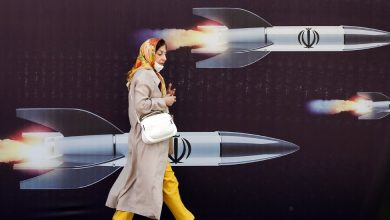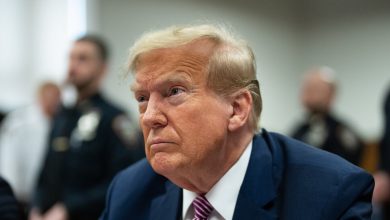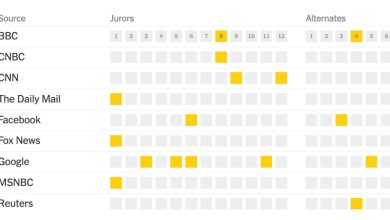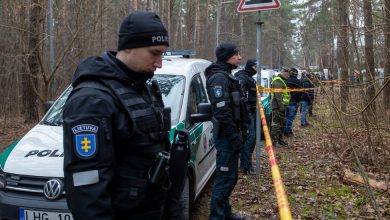Kissinger suggests that Ukraine give up territory to Russia, drawing a backlash.

Henry Kissinger, the polarizing 98-year-old former secretary of state who played a pivotal role in orchestrating American détente with the Soviet Union, has this advice for Ukraine: Cede territory to make peace with Russia.
Speaking via video link to the World Economic Forum in Davos, Switzerland, on Monday, Mr. Kissinger said the failure to restart negotiations with Russia and the further alienation of the Kremlin would have dire long-term consequences for stability in Europe.
“Negotiations need to begin in the next two months before it creates upheavals and tensions that will not be easily overcome,” he said. “Ideally, the dividing line should be a return to the status quo ante,” he added, apparently referring to a restoration of Ukraine’s borders as they were before the war began in February. “Pursuing the war beyond that point would not be about the freedom of Ukraine, but a new war against Russia itself.”
No sooner had Mr. Kissinger uttered those words than his statements drew a loud backlash on social media and beyond. Many critics said the man who famously preached realism in international relations was suggesting something patently unrealistic.
“It’s a pity that the former U.S. secretary of state believes that giving up on part of the sovereign territory is a way for peace for any country!” Inna Sovsun, a member of the Ukrainian parliament, wrote on Twitter.
Richard N. Haass, the president of the influential Council on Foreign Relations, wrote on Twitter that Mr. Kissinger’s suggestion would “likely be rejected by Ukraine as asking it to give up too much & by Putin for giving Russia too little.”
Most Ukrainians also reject the idea. A poll released Tuesday by the Kyiv Institute of Sociology showed that 82 percent of Ukrainians say they don’t want to give up territory to Russia.
During peace talks in March, Ukrainian officials said their country was ready to declare itself permanently neutral — forsaking the prospect of joining NATO, a key Russian demand — and to discuss Russian territorial claims. But the issue of ceding territory is extremely sensitive in Ukraine, with many Ukrainians adamant that the country should not make territorial concessions or cave in to Russian’s demands.
Russia seized Crimea from Ukraine in 2014, and for the last eight years Ukrainian forces have been battling Russian-backed separatists who control a large swath of the eastern Donbas area.
Mr. Kissinger, a high priest of realpolitik, is no stranger to controversy. When he was awarded the Nobel Prize in 1973 for his efforts to negotiate an end to the war in Vietnam, critics complained, pointing to the devastating U.S. bombing campaign in Cambodia during his tenure. Two members of the Nobel committee resigned in protest.
Garry Kasparov, the Russian chess grandmaster and political activist, wrote on Twitter that Mr. Kissinger’s latest position on Ukraine was not only immoral but had been “proved wrong over and over.”
Referring to President Vladimir V. Putin of Russia and President Xi Jinping of China, Mr. Kasparov added: “Conceding to great power spheres like Putin and Xi Jinping want isn’t sustainable because dictators inevitably need conflict. This isn’t the Cold War.”




